Educational institutions act as the backbone of a country. Educational system contributes to the development of an individual, which in turn will be beneficial for the growth of country. So, having yourself in university will certainly open new paradigms in the near future. The basic motto of the educational institute is to provide a defined knowledge to an individual that as a student he/she has opted for!! The synergy between research and education creates a dynamic platform for learners to thrive in today’s competitive world. On the other hand, a good educational institute serves knowledge with extracurricular activities while the best or generally categorized as “prestigious” institute impart education to an individual by utilizing research-based activities. I would not be exaggerating if I would suggest that Education with research is just like “a meal (education) served with a dessert (research)”. This seamless fusion of education and research integration sets the foundation for holistic academic and personal growth. So, one basic question that easily comes to mind is whether we need research-oriented education? Let’s discuss it further:
Why do we need research-oriented education?
Can you drive a car without having any previous experience? Or is it possible to run a machine without any handling experience or can you prepare a tablet simply by looking at formula? Answer is “No”, as none of these works are possible without having real time experience. In the health sector, it is quite essential to have practical exposure to each and every methodology that you are reading in your syllabus. Pharmaceutical sciences is one of such field where a blend of theory and practical will equip students with worthy wisdom in the domain of pharmacy. Integrating research in education ensures that theoretical learning is complemented by hands-on, real-world experience. Look at this self explanatory figure, where you can imagine “research” as equivalent to the “fertilizer”, necessary for growth of the tree which in turn leads to germination of quality fruits/outcome (placement). So how exactly will research be beneficial for students? To answer this, I have categorized the impact of research in different ways:
Revamp problem solving ability!!
It is quite certain to face issues in any kind of work and education/research is not an exception. A number of problems can be faced by students during their tenure to gain knowledge at an educational institute.The intersection of research and education equips students to confidently tackle real-life problems through evidence-based learning. Research can enhance critical thinking so that a student can evaluate information critically that would be helpful for him/her to ask relevant questions, analyze data, and draw logical conclusions. Moreover, research can build deep knowledge which will promote deeper understanding of a topic. Developing critical thinking in education is one of the most significant outcomes of involving students in research-driven learning processes. Research encourages innovation that generates curiosity among students that allow students to multiple solutions for a single problem and would inculcate “Outside the box thinking” among students.
Role in Skill Development
With deep knowledge acquired and critical thinking ability, a student can be able to acquire necessary skills. Each acquired skill can be helpful in overall growth of the individual and will boost up his chances to get placed in a good company. The impact of education and innovation becomes evident when research cultivates real-world competencies and practical know-how. For example: A pharma graduate able to perform a research work on HPLC: High Performance Liquid Chromatography or in other words having developed HPLC skills could be able to get placed in a good research company for analytical testing of drug formulations.
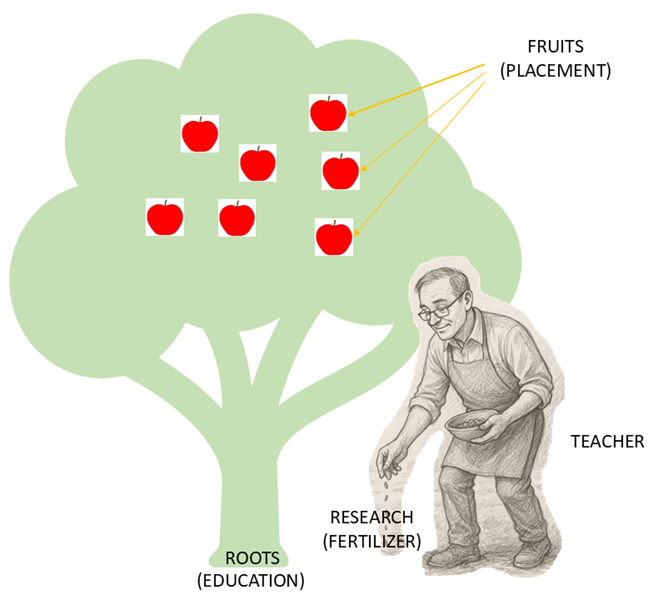
Promotes Interdisciplinary Learning
Ability to integrate knowledge and methodology from different academic domains will allow students to solve complex problems. Cross-disciplinary research and education create learning ecosystems where students synthesize knowledge to find broader, sustainable solutions. An example to above could be integration of three different domains like healthcare, chemistry and artificial intelligence could pave the way for the development of environmentally sustainable medical devices!! One such example under this category could be Wearable medical devices that includes fitness trackers, glucose monitoring devices, ECG devices, BP monitors etc.
Expands Career Opportunities
Research oriented education will be able to empower students which in turn would develop skills. After skill acquisition, it will open doors for an advanced education and students would be able to build a professional network which further enables their entry into many specialized fields. Research in education empowers learners to discover new possibilities and align their interests with meaningful career paths. All this will encourage innovation and open multiple career opportunities for students.
Conclusion
In conclusion, we can say that research driven education provides deep knowledge and understanding about a topic that develops critical thinking among the students. Students will now be able to question, put queries to their teachers and that could be able to have a brainstorming session. The foundation of education and research integration results in active student engagement and more effective knowledge retention. The key impact of this brainstorming session will enhance understanding of the topic and promote long term memory build up. This blend of education and research could also provide the real time experience to students. Furthermore, industry requirements keep on changing and it is important to keep yourself updated in this rapidly growing world. One such way could be the acquisition of skills. Industry oriented skills will be inculcated among students and this could help students to adjust in a hectic industry environment. At last, it is pertinent to mention here that we could promote education by inter-institution research collaboration or developing in-house research facilities. To truly harness the value of research and education, we must invest in collaborative, skill-based academic environments. Either way, gaining knowledge through research will be like having healthy fruits (placement) with proper utilization of fertilizers (research)!!

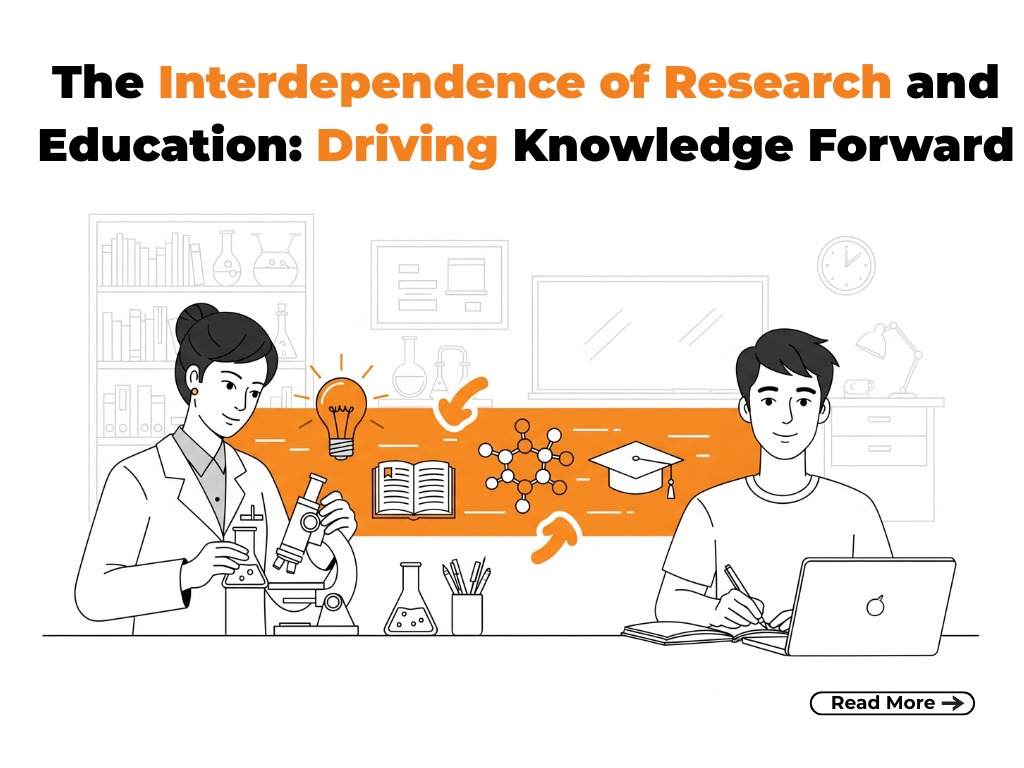

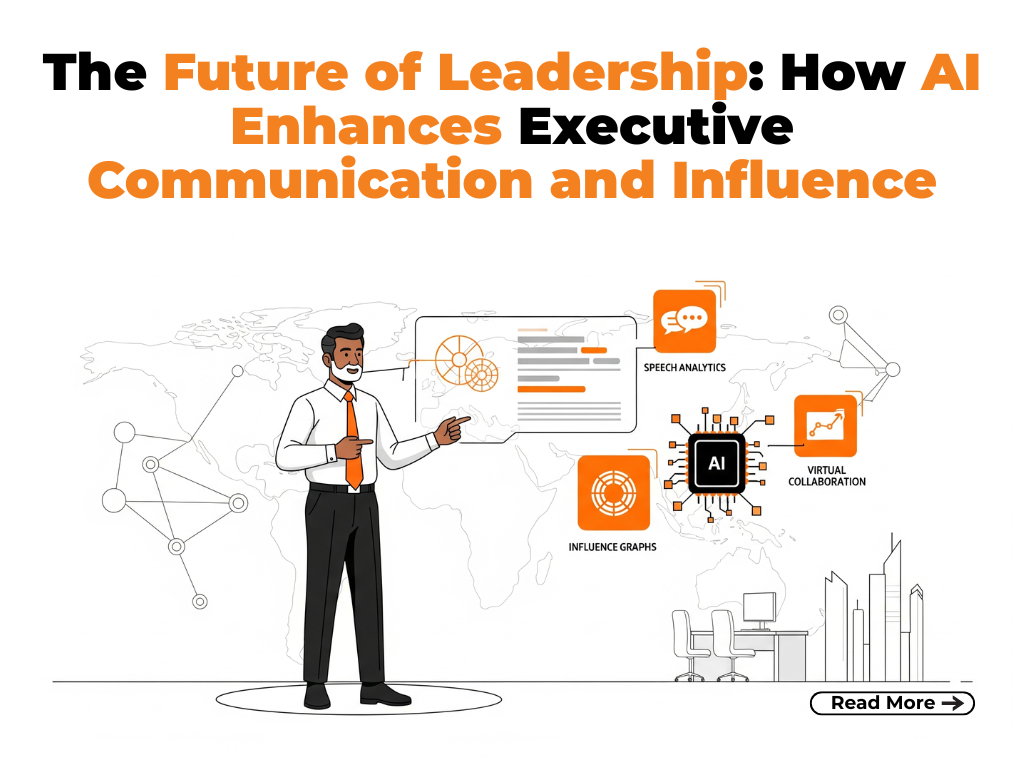
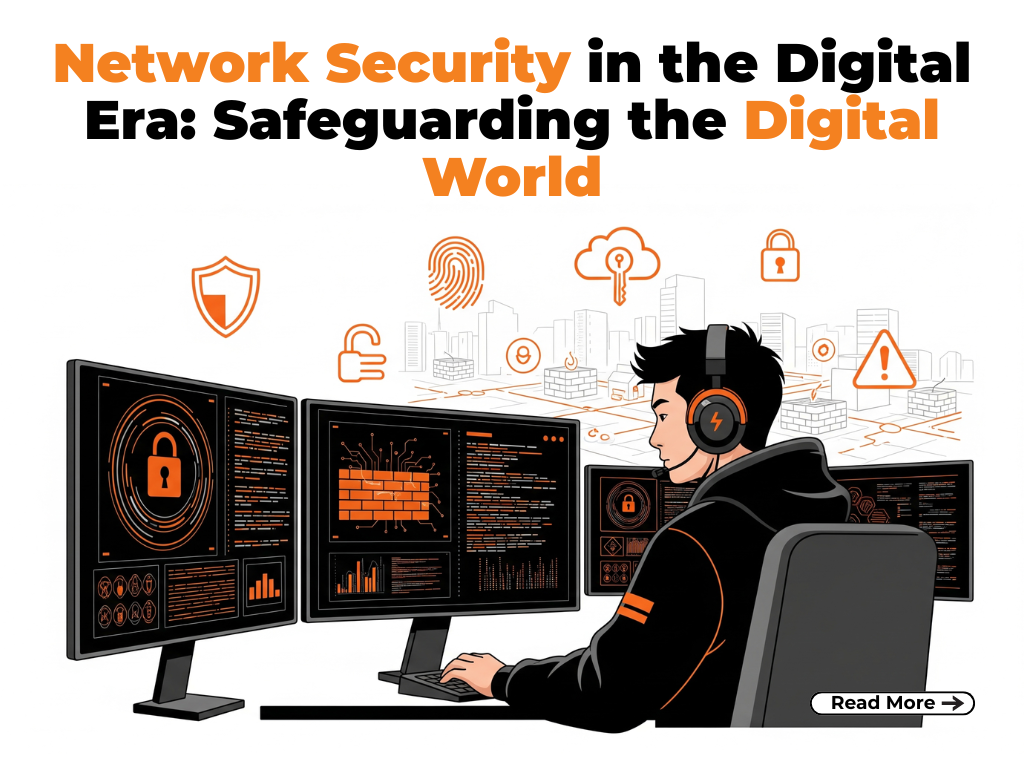


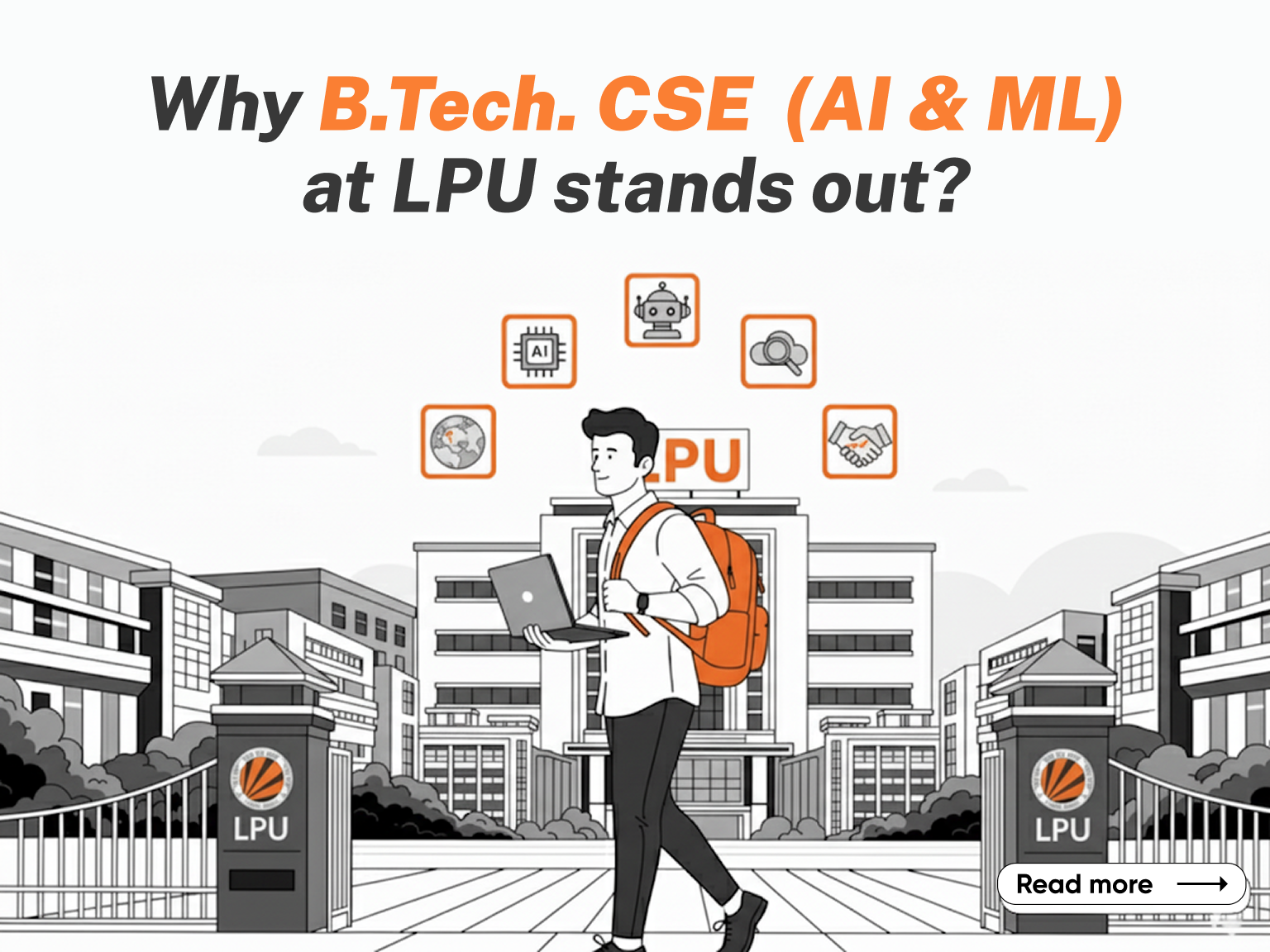


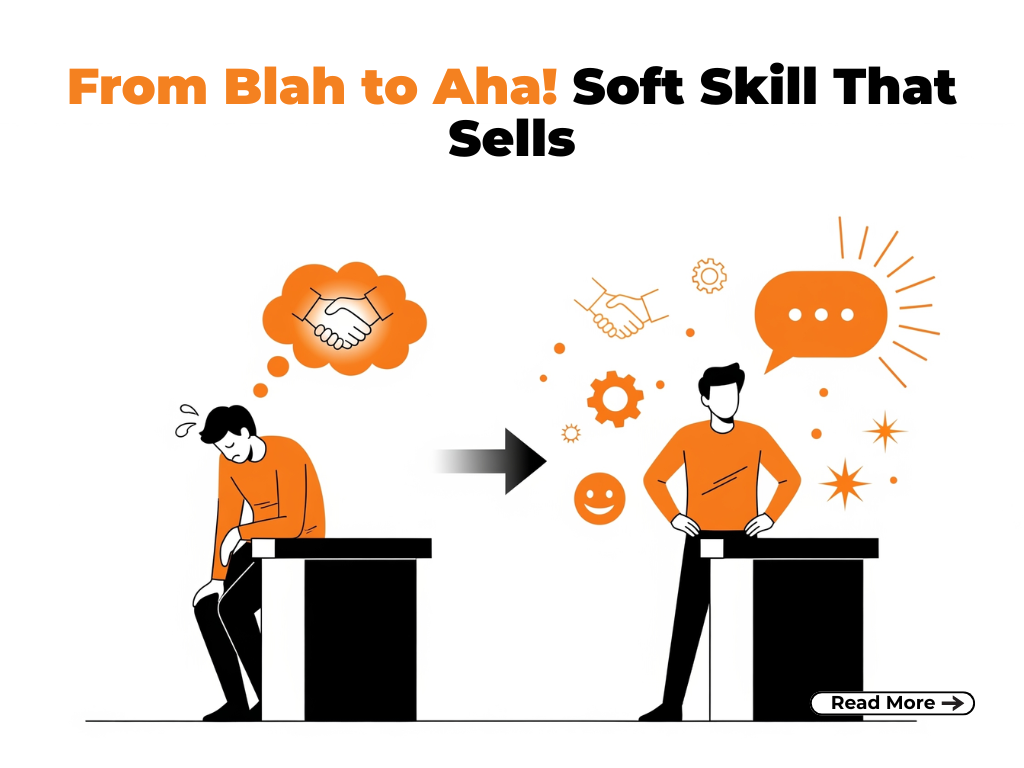

![Career Paths after B.Sc. Information Technology [Lateral Entry] Career Paths after B.Sc. Information Technology](https://www.lpu.in/blog/wp-content/uploads/2025/12/Career-Paths-after-B.Sc_.-Information-Technology-100x70.jpeg)
